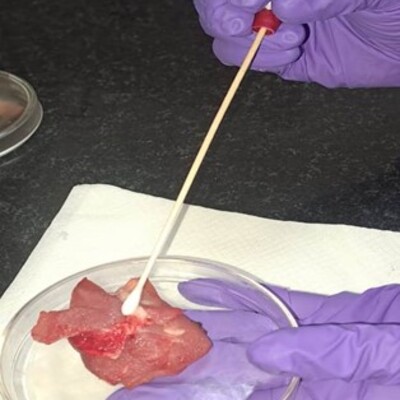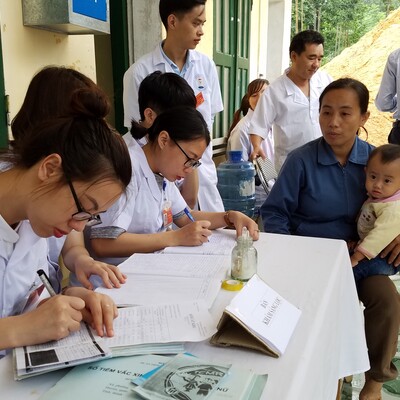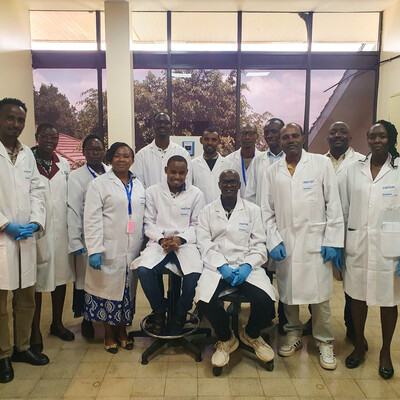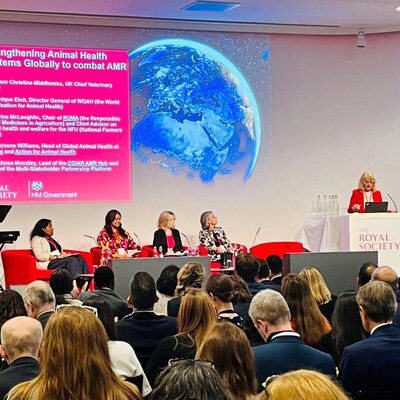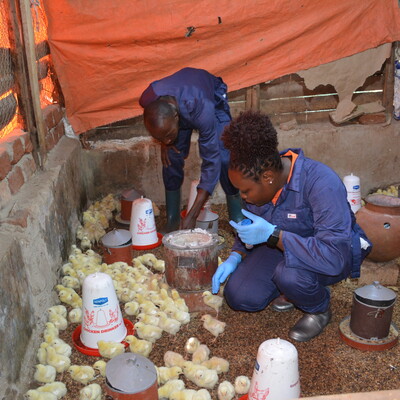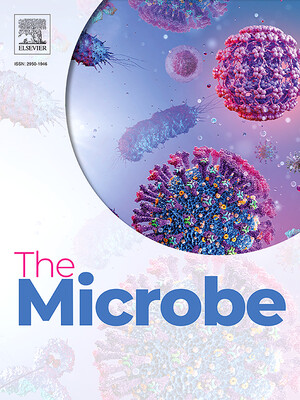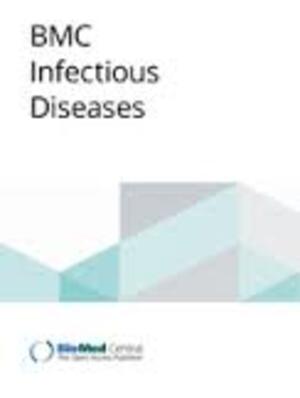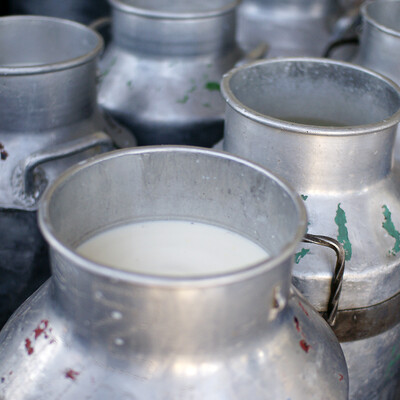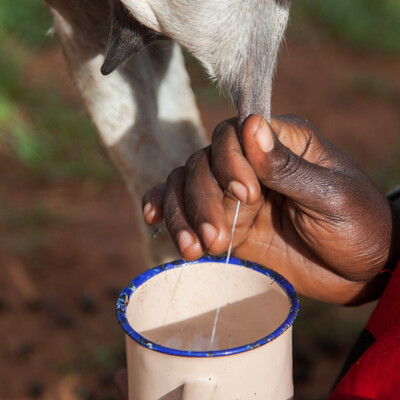
Boosting Uganda’s action plans on livestock development – BMZ-funded project to tackle animal health challenges

Rose Ademun (MAAIF), Julia Kronberg (BMZ) and Jimmy Smith (ILRI) at the BuildUganda Project launch in Kampala, Uganda (Photo credit: ILRI/Ekta Patel)
Written by Ekta Patel, Kristina Roesel and Peter Ballantyne
In early June this year, policymakers, researchers, government and private sector representatives from Kenya, Germany and Uganda met in Kampala to launch the BuildUganda project. Funded by the German government, BuildUganda is a research for development collaboration to prevent and tackle animal diseases and zoonoses in Uganda. Its focus on ‘healthy animals for healthy food and healthy people’ reflects the importance of livestock in the lives and livelihoods of Uganda’s population.

On 7 June, ILRI, MAAIF and BMZ launched the BuildUganda program: Boosting Uganda’s Investments in Livestock Development, 2019-2023 (Photo Credit: ILRI/Julius Bitarabeho)
Speaking at the opening of the event, Julia Kronberg, Head of Development Cooperation at the German Embassy in Kampala welcomed participants on behalf of ago the German Federal Ministry for Economic Cooperation and Development (BMZ), emphasizing that this investment in Uganda’s livestock sector is guided by the BMZ 2030 Agenda for Sustainable Development. She argued that growing household incomes are leading to more demand for dairy products, meat and eggs as well as other items such as leather. This, she said, leads to opportunities to improve rural nutrition and growth and create job opportunities. She noted this is especially true in countries like Uganda where roughly 70% of all households keep at least one kind of livestock including poultry.
BuildUganda contributes to the BMZ ‘One World-No hunger’ initiative that addresses some of the greatest challenges facing humankind, such as chronic hunger, including malnutrition caused by a poor diet. Last year they developed a strategy to support animal health in Africa which includes support for international research, collaboration, exchange and networking as well as strengthening governmental and private veterinary systems.
As well as animal health, other areas of collaboration between the governments of Germany and Uganda are rural development, responsible land policies, sustainable fisheries and aquaculture in Lake Victoria, the promotion of nutrition-sensitive potato value chains, public-private partnerships such as coffee growing and drought resilience.
Speaking on behalf of the Ministry of Agriculture, Animal Industry and Fisheries (MAAIF), Rose Ademun, Uganda’s Chief Veterinary Officer emphasized the importance of this effort to really inform policymaking through the generation and use of scientific evidence.
Representing the International Livestock Research Institute (ILRI), Director General Jimmy Smith argued that livestock is often overlooked in agricultural investments – despite it’s substantial contributions to agricultural gross domestic product (GDP) and livelihoods more generally. He welcomed this investment by BMZ as a strong recognition of the importance of livestock in Uganda and he looked forward to a wider collaboration with the Uganda government and other partners in the project.
The event attracted a diverse and enthusiastic group of participants, offering a good opportunity to obtain feedback and guidance on the various project components, namely, control and eradication of peste des petits ruminants (PPR), controlling zoonotic disease like Rift valley fever (RVF), mitigating the risks of antimicrobial resistance in poultry production systems and improving veterinary public health at the abattoirs.
Participants in the launch event validated the project’s aims and approach in each of the four areas and shaped critical actions around gender, capacity development, south-south learning, the target locations for fieldwork and which partners to work with.
More information about the specific components is in these associated posts:
- Control of antimicrobial resistance in poultry
- Eradication of the sheep and goat plague – peste des petits ruminants
- Control of Rift Valley fever that affects people and animals
- Improvements to veterinary public health where animals are slaughtered, processed and sold
BuildUganda is a research for development collaboration to prevent and tackle animal diseases and zoonoses in Uganda. Led by ILRI and MAAIF, it mobilizes national and international research and development partners from Uganda, Kenya and Germany. The five-year program is funded by the Federal Ministry for Economic Corporation and Development (BMZ) and the CGIAR research programs on Livestock and on Agriculture for Nutrition and Health (A4NH).
For more information, contact Kristina Roesel, program coordinator, k.roesel@cgiar.org
Additional information:






